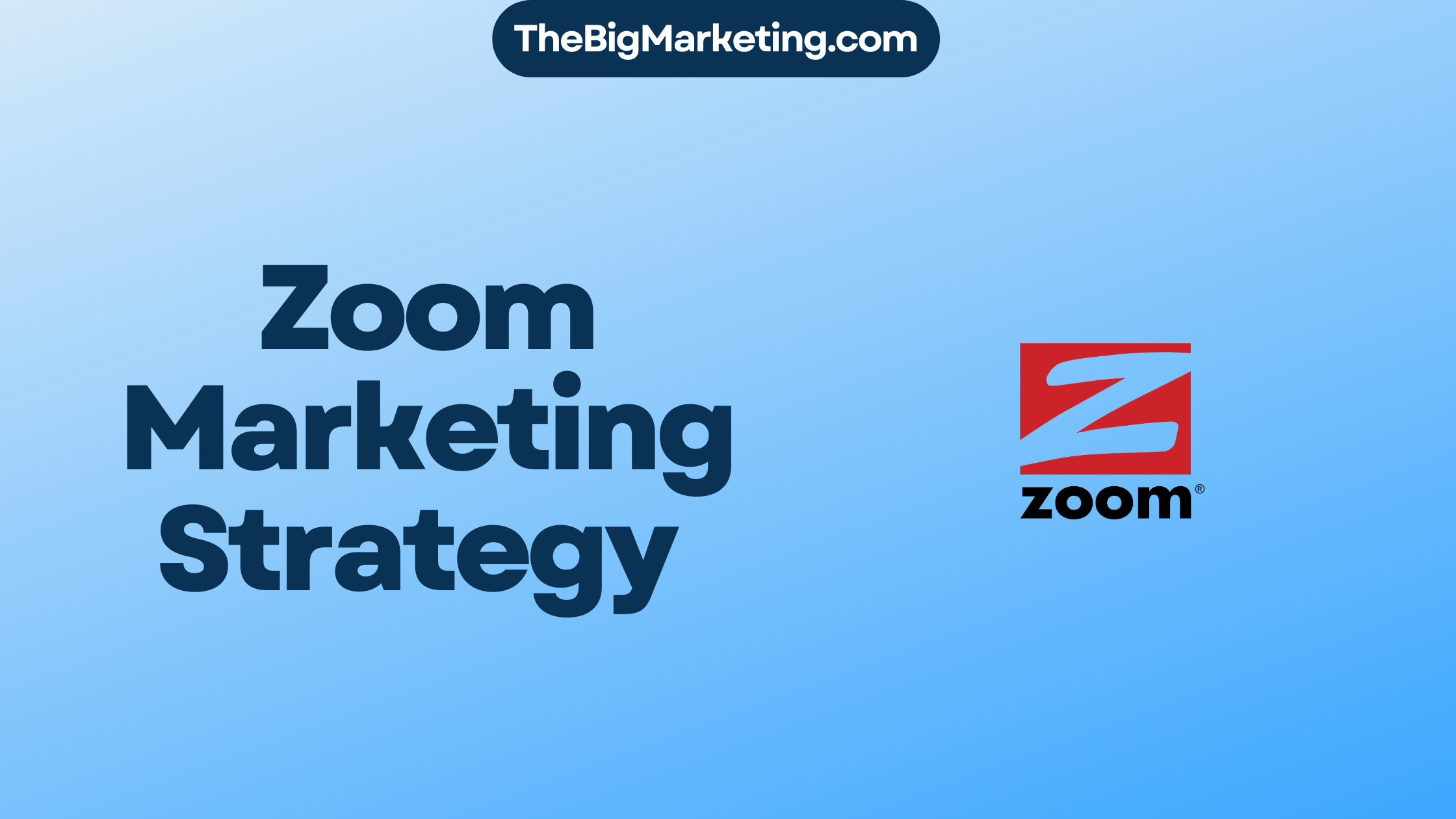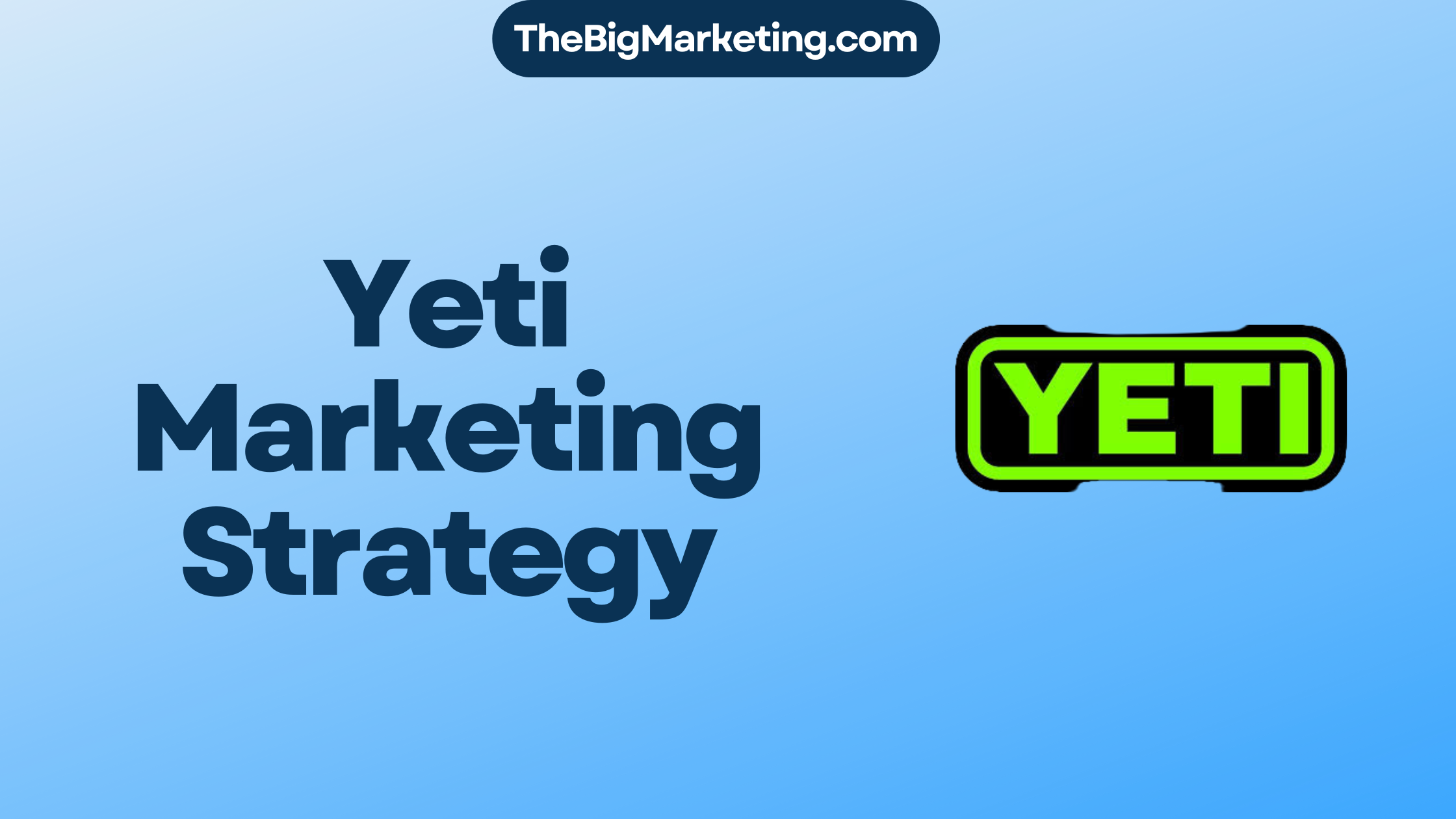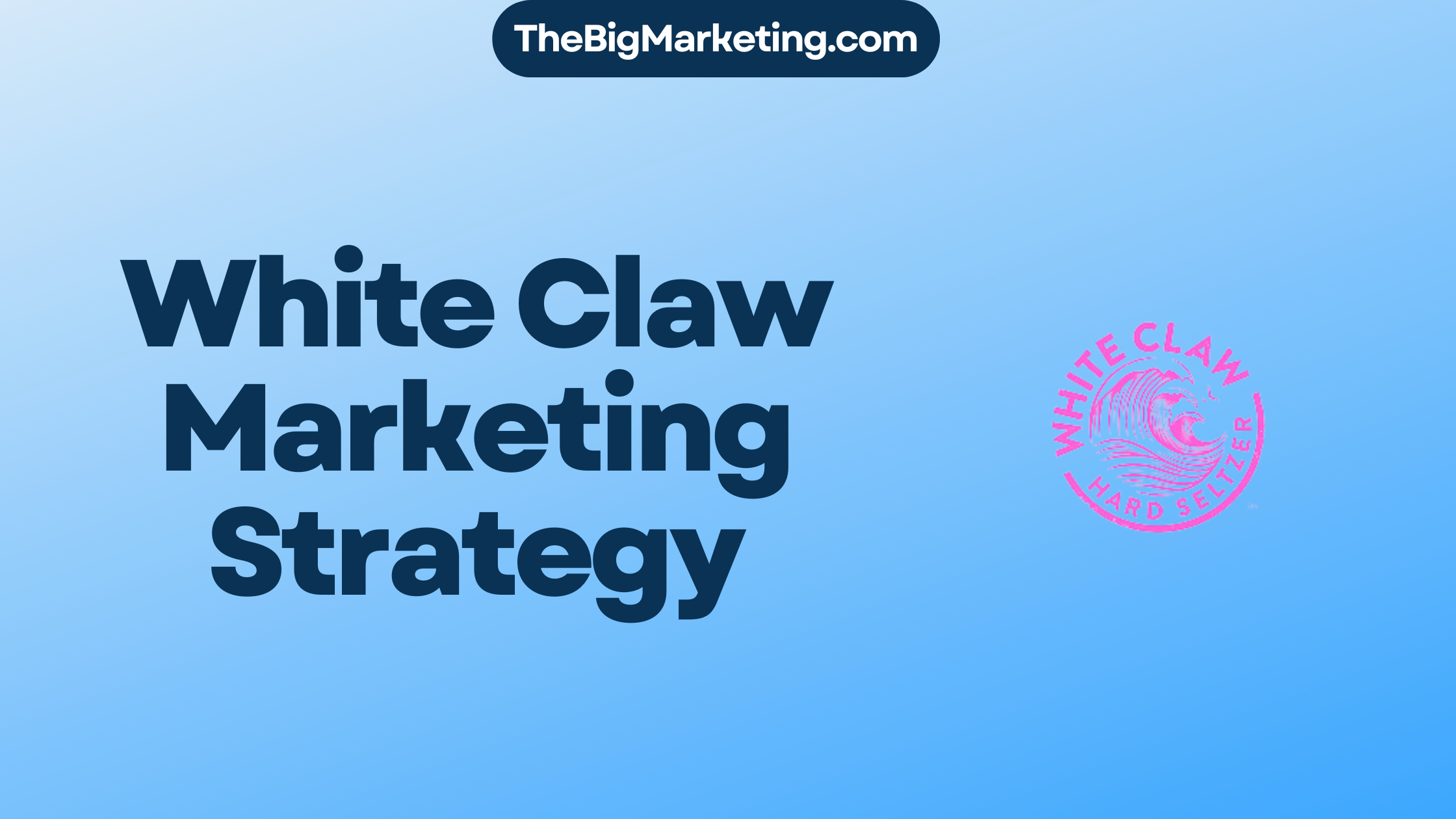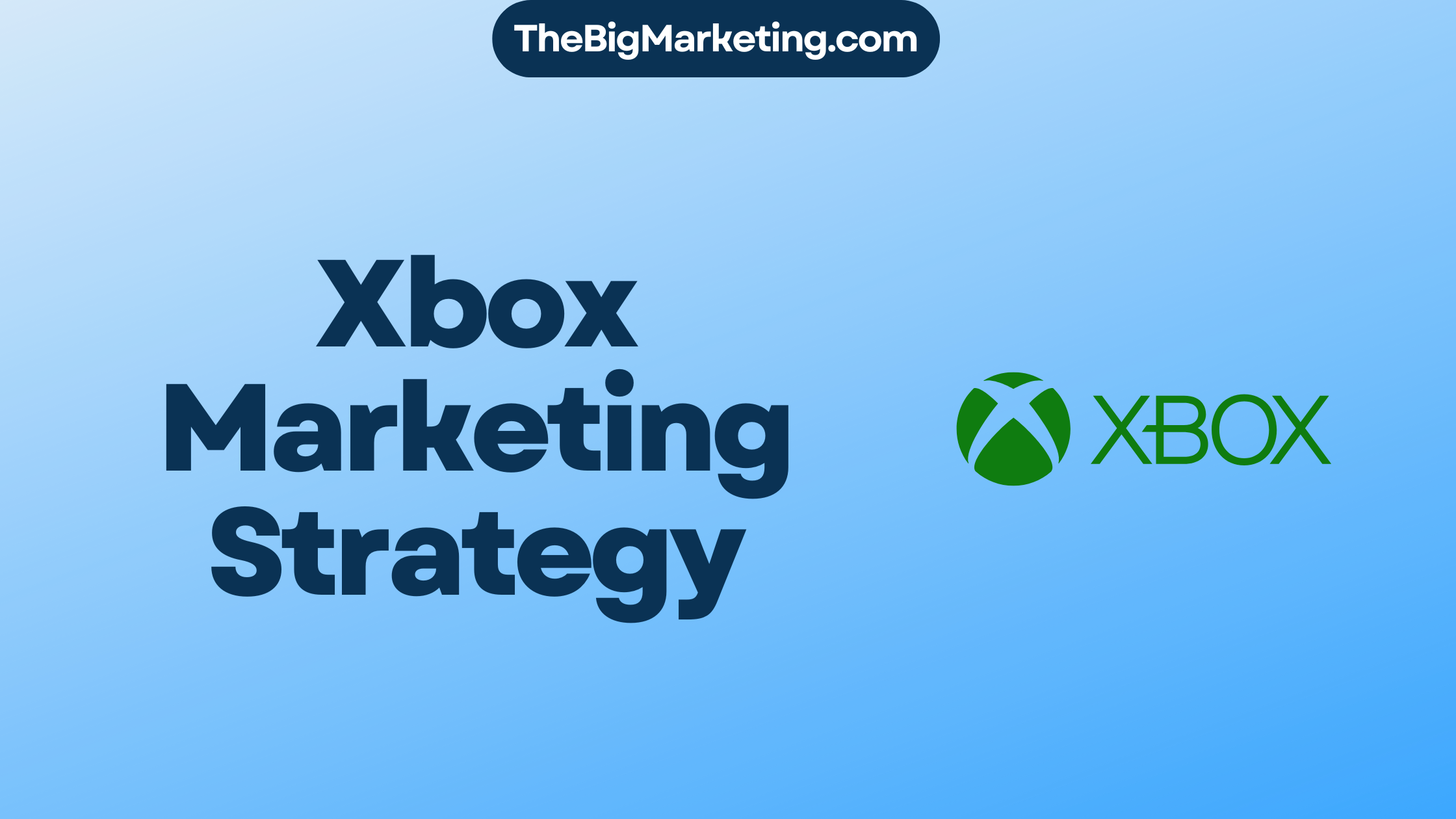A marketing implementation plan is essential for businesses to effectively execute their marketing strategies and achieve their desired outcomes. It serves as a roadmap that outlines the necessary steps and tactics to be employed in order to successfully reach their target audience and maximize their marketing efforts.
Creating a well-structured marketing plan involves defining the mission and goals of the business, identifying the target audience, setting a budget, analyzing competition, and allocating responsibilities to team members. By carefully considering these factors, businesses can ensure that their marketing initiatives are aligned with their overall objectives and contribute to their long-term success.
With a clear marketing implementation plan in place, businesses are better equipped to measure the success of their campaigns, make informed decisions, and adapt their strategies as needed. By regularly monitoring and evaluating the effectiveness of their marketing tactics, businesses can optimize their efforts and achieve the desired results.
Key Takeaways:
- A marketing implementation plan is a strategic roadmap that guides businesses in executing their marketing strategies.
- It involves defining goals, identifying the target audience, setting a budget, analyzing competition, and allocating responsibilities.
- By implementing a well-structured marketing plan, businesses can measure the success of their campaigns and make informed decisions.
- Regular monitoring and evaluation of marketing efforts help optimize strategies and achieve desired results.
- A comprehensive marketing implementation plan is crucial for businesses to effectively reach their target audience and achieve their marketing objectives.
What is a Marketing Plan?
A marketing plan is a strategic roadmap that businesses use to organize, execute, and track their marketing strategy over a given period. It serves as a guide for all marketing teams across the company, ensuring everyone is working towards the same business goals. A marketing plan includes the mission of each campaign, buyer personas, budget allocation, specific tactics, and deliverables. It helps businesses measure the success of their strategies and make informed decisions based on data.
To better understand the concept of a marketing plan, imagine it as a strategic roadmap that outlines the path your business will take to achieve its marketing objectives. Just as a roadmap helps you navigate and reach your destination efficiently, a marketing plan guides businesses in reaching their goals effectively.
A marketing plan encompasses various components that work together harmoniously to support the overall marketing strategy. These components include:
- Mission: The overall purpose or objective of each marketing campaign.
- Buyer Personas: Detailed profiles of target customers that help tailor marketing efforts to their specific needs and preferences.
- Budget Allocation: The allocation of financial resources to different marketing initiatives.
- Tactics: Implementation of specific strategies and techniques to achieve marketing goals.
- Deliverables: Tangible outputs or results expected from each marketing effort.
By having a well-defined marketing plan in place, businesses can ensure that their marketing strategies align with their overall business goals and objectives. It also allows for better coordination and collaboration among different marketing teams, maximizing their efficiency and effectiveness in achieving desired outcomes.
| Advantages of a Marketing Plan | Components of a Marketing Plan |
|---|---|
|
|
Marketing Plan vs. Business Plan
While both a marketing plan and a business plan play essential roles in guiding a company’s operations, they serve different purposes and cover distinct areas of focus.
A business plan is a comprehensive strategic document that outlines the overall goals, objectives, and operations of a company. It encompasses various aspects such as finance, operations, human resources, and marketing. A business plan serves as a roadmap for the entire organization, guiding decision-making and providing a framework for achieving long-term success.
On the other hand, a marketing plan is a subset of the business plan that specifically focuses on marketing objectives, strategies, and tactics. It is a strategic document that describes how a company will promote its products or services, build brand awareness, and attract customers. A marketing plan outlines the specific actions and resources required to implement the marketing strategy and achieve marketing objectives.
| Comparison | Marketing Plan | Business Plan |
|---|---|---|
| Focus | Marketing objectives, strategies, and tactics | Overall company goals and operations |
| Scope | Subset of the business plan | Encompasses all areas of the business |
| Support | Supports business goals and objectives | Guides decision-making for the entire organization |
| Description | Outlines marketing strategies and tactics | Details finance, operations, marketing, HR, etc. |
Marketing objectives and strategies outlined in the marketing plan are aligned with the overall business goals defined in the business plan. While the marketing strategy describes how a company will accomplish a specific marketing goal or mission, the marketing plan contains one or more marketing strategies that work together to achieve business objectives.
An effective marketing plan is essential for businesses to stay competitive, reach their target audience, and achieve their marketing objectives. It ensures that marketing efforts are well-coordinated, focused, and aligned with the overall business strategy.
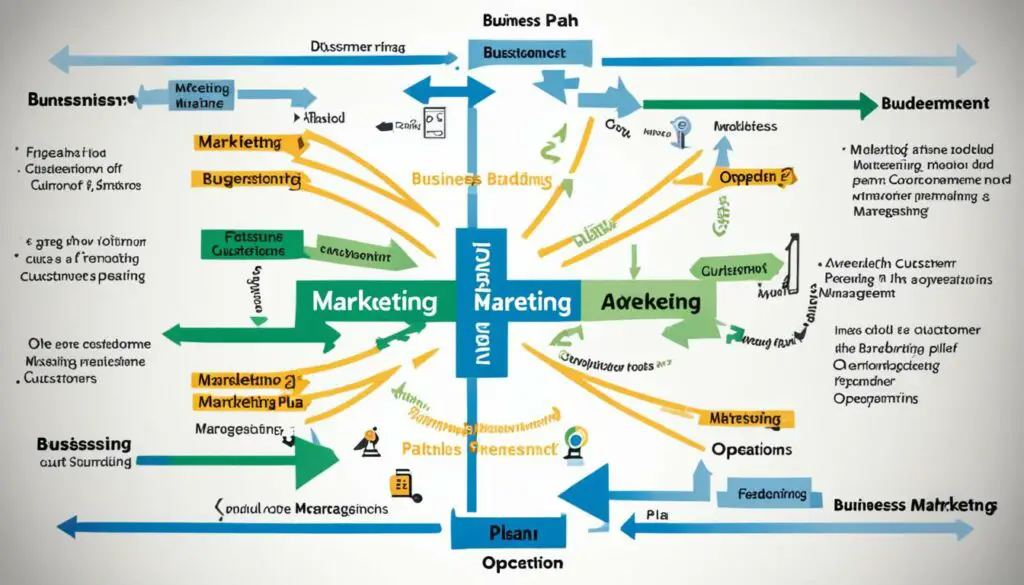
How to Write a Marketing Plan
Writing a marketing plan is a critical step in developing a successful marketing strategy for your business. It provides a roadmap that aligns your marketing efforts with your overall business mission and objectives. To create an effective marketing plan, follow these steps:
- State your business’s mission: Start by defining your business’s mission statement, which outlines the purpose and goals of your organization. Ensure that your mission statement aligns with your overall business mission and values. This will serve as the foundation for your marketing plan.
- Determine key performance indicators (KPIs): Identify the key metrics that will help you track the progress of your marketing initiatives. These KPIs should align with your business goals and mission. Examples of KPIs include website traffic, conversion rates, and customer acquisition costs.
- Identify your buyer personas: Understand your target audience by creating detailed buyer personas. These personas represent your ideal customers and provide insights into their demographics, preferences, and pain points. This information will guide your marketing strategies and help you tailor your messaging to effectively reach your target audience.
- Describe your content initiatives and strategies: Develop a plan for your content initiatives, including the types of content you will create, the frequency of publication, and your distribution channels. Your content should align with your target audience’s interests and address their pain points.
- Define what is not included: Clearly define what is not included in your marketing plan to maintain focus and avoid confusion. This could include specific strategies or initiatives that are outside the scope of your current marketing objectives.
- Define your marketing budget: Determine your marketing budget and allocate resources accordingly. Consider the costs associated with advertising, content creation, social media management, and other marketing activities. Your budget should align with your overall business goals and ensure a positive return on investment (ROI).
- Identify your competition: Conduct a thorough analysis of your competition to understand their strengths, weaknesses, and marketing strategies. This analysis will help you identify opportunities for differentiation and develop strategies to gain a competitive advantage.
- Outline responsibilities: Clearly outline the responsibilities of team members and contributors to the marketing plan. Assign specific tasks and ensure everyone understands their role in executing the plan effectively.
By following these steps, you can create a comprehensive marketing plan that aligns with your business goals and sets you up for success. Remember to regularly review and update your marketing plan to adapt to changing market conditions and ensure its continued effectiveness.

Market Strategy and Planning
A market strategy plays a crucial role in helping businesses reach their target audience and achieve their marketing objectives. It involves a comprehensive approach that includes market research, target segment identification, brand positioning, and crafting a unique value proposition. By following a well-defined marketing approach, businesses can effectively engage their customers, differentiate themselves from competitors, and drive growth.
Market Research: Understanding Customer Attitudes and Behaviors
Market research is a fundamental component of market strategy and planning. It helps businesses gain valuable insights into customer attitudes, behaviors, and preferences. By conducting market research, businesses can gather data on current and future market needs, industry trends, and customer expectations. This information serves as the foundation for developing effective marketing strategies that resonate with the target audience.
Target Segments: Defining Buyer Personas
Based on the insights gained from market research, businesses can define their target segments. Target segments consist of specific groups of customers with similar characteristics and needs. By creating buyer personas, businesses can develop a deeper understanding of their target audience’s demographics, motivations, pain points, and behaviors. This knowledge enables businesses to tailor their marketing efforts to meet the unique needs of each segment.
Brand Positioning: Standing Out from the Competition
Brand positioning is a crucial aspect of market strategy. It involves differentiating the business from its competitors and carving out a unique space in the market. By assessing the competition and understanding their strengths and weaknesses, businesses can identify opportunities to position their brand effectively. A well-defined brand positioning strategy helps build a strong brand identity, establishes credibility, and attracts the target audience.
Value Proposition: Meeting Customer Needs
A value proposition is a clear statement that communicates the unique benefits and value that a business offers to its customers. It addresses the target audience’s pain points and explains why they should choose the business over competitors. A compelling value proposition enables businesses to effectively communicate their unique selling points and showcase how their products or services fulfill the customer’s needs. This helps establish a strong connection with the target audience and drives customer engagement and loyalty.
Market strategy and planning are essential for businesses aiming to thrive in a competitive market. By conducting market research, defining target segments, developing a compelling brand positioning strategy, and crafting a unique value proposition, businesses can effectively reach their target audience, differentiate themselves from competitors, and achieve their marketing objectives.
Business Summary and SWOT Analysis
The business summary provides an overview of the organization, including its name, headquarters, and mission statement. It sets the context for the marketing plan and helps stakeholders understand the company’s purpose.
The SWOT analysis, which stands for strengths, weaknesses, opportunities, and threats, is an essential part of the marketing plan. It helps identify internal and external factors that impact the business and shape its marketing strategies. The SWOT analysis provides insights into the company’s strengths and weaknesses, as well as opportunities for growth and potential threats to the business.
| Strengths | Weaknesses | Opportunities | Threats |
|---|---|---|---|
| Strong brand recognition | Limited online presence | New market segment | Aggressive competition |
| Loyal customer base | High production costs | Emerging technology | Changing consumer trends |
| Extensive distribution network | Inefficient supply chain | Strategic partnerships | Regulatory changes |
Marketing Budget and Channels
A successful marketing plan requires careful budgeting and strategic allocation of resources. The marketing budget is a crucial aspect that outlines the financial resources allocated to various marketing initiatives and goals. It ensures that the marketing strategies can be executed effectively within the available resources.
The marketing budget includes costs associated with outsourcing, marketing software, paid promotions, events, and other marketing activities. It is essential to align the budget with the expected return on investment (ROI) to ensure that the marketing efforts generate measurable results and contribute to the overall business goals.
Marketing Budget Breakdown
Here is a breakdown of the typical components that are included in a marketing budget:
| Component | Description |
|---|---|
| Outsourcing | Costs associated with hiring external agencies or freelancers for specialized marketing services such as graphic design, content creation, or SEO. |
| Marketing Software | Investments in marketing technology tools and software that streamline marketing operations, automate processes, and improve overall efficiency. |
| Paid Promotions | Expenses related to paid advertising campaigns on various channels such as search engines, social media platforms, or display networks. |
| Events | Budget allocated for hosting or participating in marketing events, trade shows, conferences, or webinars to promote products or services. |
| Other Marketing Activities | Additional costs for miscellaneous marketing initiatives such as content creation, email marketing services, influencer collaborations, or affiliate marketing. |
Marketing Channels and Technology
Marketing channels are the platforms and outlets where businesses promote their products or services. Common marketing channels include social media networks (such as Facebook, Instagram, Twitter), search engines (such as Google), email newsletters, blogs, and traditional advertising channels such as print media or television.
The selection of marketing channels depends on the target audience, industry, and the specific goals of the marketing plan. It is crucial to identify the most effective channels that reach the target audience and maximize the impact of marketing efforts.
Additionally, marketing technology plays a vital role in optimizing marketing strategies and improving efficiency. Marketing technology refers to the tools, software, and platforms used to manage and execute marketing activities. This may include customer relationship management (CRM) systems, marketing automation software, analytics tools, social media management platforms, and content management systems.
Utilizing the right marketing technology stack enables businesses to streamline processes, collect data-driven insights, and enhance the effectiveness of marketing campaigns.
By carefully planning and allocating resources in the marketing budget and selecting appropriate marketing channels and technology, businesses can maximize their reach, engage with the target audience effectively, and achieve a higher return on investment (ROI) for their marketing efforts.
Business Initiatives and Customer Analysis
In the business initiatives section of the marketing plan, the focus is on outlining specific goals and projects that are exclusive to the marketing department. These goals should follow the SMART criteria – specific, measurable, attainable, relevant, and time-bound. By setting clear objectives, marketing teams can align their efforts with the organization’s overall marketing objectives and ensure a cohesive approach.
Customer analysis plays a vital role in developing effective marketing strategies. This section provides valuable insights into the target audience, obtained through comprehensive market research. Understanding customer attitudes, behaviors, and needs empowers businesses to create personalized and targeted marketing initiatives. By analyzing customer data, businesses can identify trends, preferences, and pain points, enabling them to tailor their messages and offers to resonate with the target audience.
Buyer personas are an essential tool derived from customer analysis. These fictional representations of ideal customers are created based on demographic, psychographic, and behavioral data. Developing buyer personas helps marketers understand their audience on a deeper level, allowing them to craft highly targeted campaigns and messages. By appealing to the unique characteristics and preferences of each buyer persona, businesses can enhance customer engagement and drive conversions.
With a combination of well-defined business initiatives and customer analysis, businesses can develop a focused marketing plan that is aligned with their marketing objectives. By leveraging data-driven insights and personalized messaging, businesses can better connect with their target audience and drive business growth.
Conclusion
A well-crafted marketing plan is essential for businesses to strategically organize, execute, and measure the success of their marketing efforts. By following the steps outlined in this article and utilizing the provided templates, businesses can develop a comprehensive and effective marketing plan that aligns with their overall business goals.
A marketing plan serves as a strategic roadmap, guiding businesses in implementing targeted marketing strategies and tactics. It provides a clear direction for targeting the right audience, allocating resources efficiently, and evaluating the effectiveness of marketing campaigns.
With a carefully designed and well-implemented marketing plan, businesses can unlock their full potential and achieve success in their marketing endeavors. By setting specific objectives, identifying appropriate strategies, and measuring the results, companies can refine their approach and make data-driven decisions to continually improve their marketing performance.
FAQ
What is a marketing implementation plan?
A marketing implementation plan is a detailed document that outlines the specific strategies and tactics that will be used to execute a marketing campaign or initiative. It includes the actions, timelines, and responsibilities of the marketing team.
What are marketing strategies?
Marketing strategies are the overall approaches and methods that a business uses to reach and engage its target audience. They involve decisions about positioning, messaging, pricing, and distribution.
What are marketing tactics?
Marketing tactics are the specific actions and activities that are used to implement marketing strategies. They include activities such as social media advertising, content creation, email marketing campaigns, and events.
What is marketing execution?
Marketing execution refers to the actual implementation and deployment of marketing strategies and tactics. It involves the creation and delivery of marketing materials and the monitoring and measurement of marketing efforts.
What is a marketing plan template?
A marketing plan template is a pre-designed document that provides a framework for creating a marketing plan. It typically includes sections and prompts for key information such as goals, strategies, tactics, budget, and timelines.
What is a marketing campaign?
A marketing campaign is a focused and coordinated series of marketing activities that are designed to achieve specific objectives. It typically has a defined timeline and utilizes various marketing channels and tactics.
What are marketing goals?
Marketing goals are the specific objectives that a business aims to achieve through its marketing efforts. They could include increasing brand awareness, generating leads, driving sales, or improving customer engagement.
What are marketing objectives?
Marketing objectives are the measurable targets that support the overall marketing goals. They are specific, achievable, and time-bound and serve as benchmarks to evaluate the success of marketing initiatives.
What is a marketing budget?
A marketing budget is a financial plan that outlines the resources and funds allocated to marketing activities. It includes costs for advertising, promotions, content creation, events, and other marketing efforts.
What is marketing analysis?
Marketing analysis is the process of evaluating market trends, customer behavior, and competitors to gain insights that inform marketing strategies and decisions. It involves assessing data, conducting research, and identifying opportunities and challenges.
